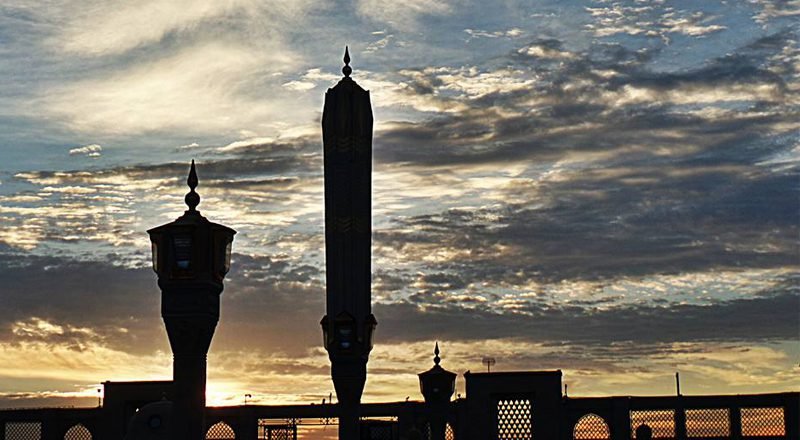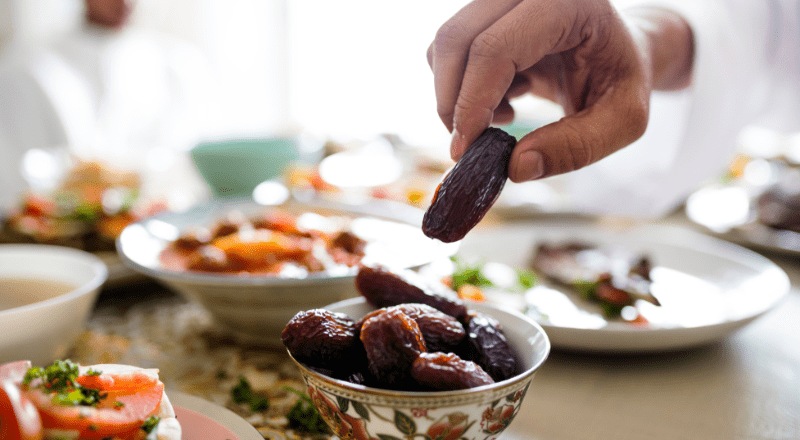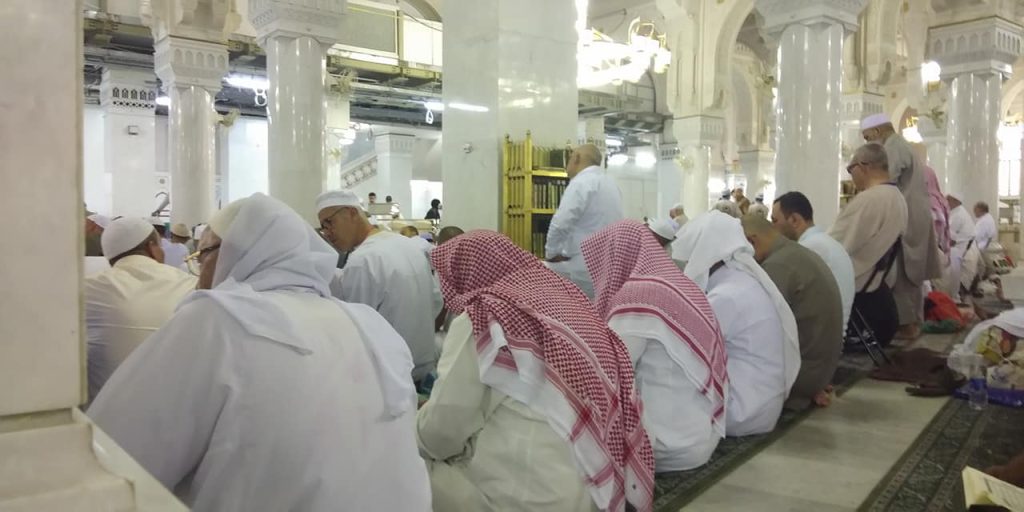Ramadan is the ninth month of the Islamic lunar calendar. It is the most revered and awaited month of the year and holds a special place in every Muslim’s heart. It offers a break from the routine life and time to reflect on your soul. Muslims celebrate this holy month with sanctity and reverence. However, there are many misconceptions about Ramadan. Let us explore the myths and rituals of Ramadan.
Myths about Ramadan
Fasting is abstinence from food and drink only
Many think they can keep a fast by abstaining from food and drink only. However, fasting is a lot more than that. It is about staying away from all sorts of evil, such as fighting, abusing, lying, and backbiting. Also, some people keep fast and spend the day sleeping. You cannot keep a fast and miss your prayers. Fasting is about self-discipline and control. So you must abide by all the conditions of keeping the fast.
Accidentally eating or drinking breaks your fast
Allah is the most Merciful and Gracious. In the Holy Quran, he reminds believers about his mercy again and again. Those who make mistakes and sincerely repent to Allah, Allah blesses them with pardon. A fast is no exception. If a person accidentally eats or drinks something and then pleads to Allah for forgiveness, Allah forgives him and accepts his fast. And Allah knows everything, including that which is in your heart.
Fasting is obligatory for every Muslim
Fasting is obligatory for every adult Muslim. However, Islam is a religion of tolerance and empathy. It does not force people to do something which is beyond possibility. Therefore, there are exceptions for people in fasting as well. The following people are exempted from fasting, given their prevailing conditions.
- Women who are having their menstrual period, are pregnant, or lactating. Such women must keep a count of their missed fasts and complete them in the future.
- Anyone who is sick can also miss a fast. However, he or she must keep the missed fast later on.
- Anyone who is terminally ill and cannot fast. Such a person can give compensation for his fast in terms of food or money to the poor and needy. This condition applies to those who can afford it.
- Anyone who is traveling is also exempt from fasting. Such a person should keep the missed fast later.
People who are not fasting must not eat or drink in front of those who are fasting
This is a complete myth. One should not make a fuss about his fast by disapproving of those who are not fasting to eat or drink in front of them. Although it is virtuous to show respect to the one who fasts by avoiding eating in front of him, however, there is no sin for eating in front of a person who fasts.
You must not engage in physical activities while fasting
Some people feel overwhelmed by the idea of fasting to the extent that they spend the whole day resting. Fasting does not mean you skip your work, school, or college. You should spend your day like your daily routine while just being a little careful not to over-exert yourself. Some people even continue with their gym and exercise routine. By continuing with your normal workout routine during Ramadan you can witness amazing health benefits.
Devils stay away from those who are fasting
During Ramadan Allah chains the devil. However, the effect of the devil on our hearts remains. So devil being chained does not mean we would be free of temptations to raise voices, backbite, or hit back at someone. That is something we have to work on ourselves during Ramadan by building self-restraint and carrying it with us the whole year round.
Ramadan Rituals
Knowledge about Ramadan myths and rituals helps us celebrate the sacred month effectively. Here are some rituals of Ramadan.
Wake-up call for Suhoor
In many Muslim countries including Turkey, Egypt, and Pakistan there are different and interesting means for waking up people for Suhoor. While everyone has an alarm set for Suhoor, this tradition is alive to date as an integral part of Ramadan. In Egypt, a masaharati walks down the streets and calls out to the people to wake up. A Naffar blows a trumpet in Morocco at Suhoor time.
Plentiful food items at Iftar table
It is a common tradition around the Muslim world to fill the Iftar table with wholesome and mouthwatering foods.Dates are a must at Iftar. It is a sunnah to break fast with dates. Dates are the best food to instantly replenish energy. From fruits to meat assortments, chickpeas, and fritters, people consume hydrating and energy-boosting foods.
Individual and collective worship
In Muslim countries, such as Pakistan and the UAE, the government reduces working hours so that people can reach their homes well. People utilize Ramadan and spend time in individual and congregational worship. They spend the nights in remembrance of Allah. They ensure they offer Tahajjud prayers. Also, Taraweeh prayers also help Muslims earn huge rewards. Ramadan is a month for Muslims to get closer to Allah and also their family by spending time together worshipping Allah.
Charity and social welfare
It is a common tradition for Muslims to do welfare and charity during Ramadan. Ramadan is a month of caring for each other. People spend the day without food and drink and realize the pain of hunger experienced by the underprivileged. Islam is about sharing your blessings with others. So Muslims engage in excessive type of charity in Islam and social welfare during Ramadan.
Ramadan decor and lighting
Since the beginning, Muslims have lighted lanterns during Ramadan. Today, people decorate their homes with lights. People create a Ramadan corner in their living rooms including prayer mats, prayer beads, the Holy Quran, and Islamic books. Such efforts encourage kids to come closer to the religion and gain knowledge.
Gatherings at Iftar and Suhoor
Ramadan allows people to spend time with their beloveds. People arrange gatherings at Iftar and Suhoor. They prepare meals together and offer prayers together. Thus, Ramadan also promotes unity and brotherhood amongst Muslims.
Ramadan is a gift from Allah the Almighty for the believers. Therefore, we need to have clarity about its myths and rituals. As Ramadan 2025 is around the corner, we can spend the month engaging in spirituality, gratitude, and worship of Allah.



